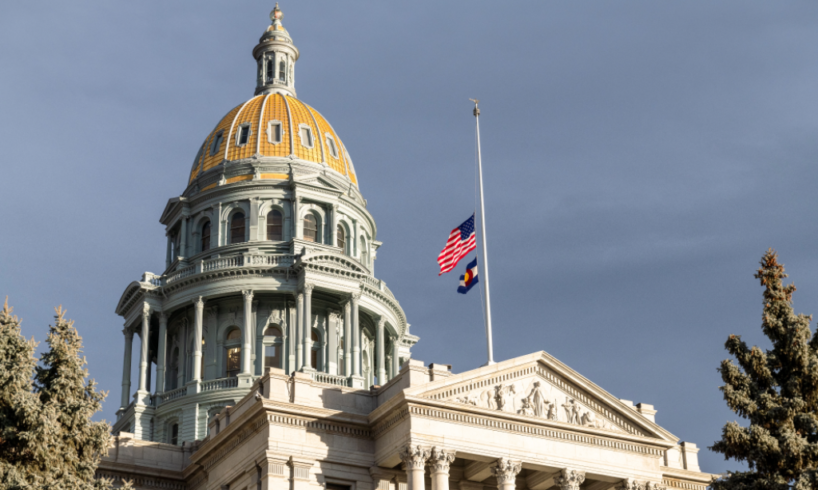
Colorado lawmakers have yet to address two of the largest funding deficits within the state budget that’s currently being debated, according to a new analysis.
The analysis by the Common Sense Institute (CSI), a free-enterprise think tank, says that lawmakers have not decided on how they will address the funding shortages in the Unemployment Insurance Trust Fund (UITF) and the Public Employees’ Retirement Association (PERA), both of which were heavily taxed during the pandemic.
“As the Colorado General Assembly nears completion of the state budget there is little doubt that the decisions they make will impact Colorado’s economy for years to come,” Chris Brown, CSI’s vice president of policy and research, said in a statement.
According to the analysis, Colorado’s total operating budget is set to increase by $7.5 billion when compared to the fiscal year 2019 budget, the year before the COVID-19 pandemic. General fund spending could reach $2.3 billion, representing a 20% increase over the period.
However, it remains unclear how lawmakers plan to address the funding gaps in the UITF and PERA, CSI said.
A UITF status report by the Colorado Department of Labor and Employment from August 2021 found that the account was insolvent and more than $750 million had to be borrowed from federal sources for the state to pay unemployment claims during the pandemic.
Gov. Jared Polis previously proposed infusing the UITF with a one-time investment of more than $600 million, which CSI found could return savings of more than $560 million for businesses over the next six years.
The current budget, known as the “long bill,” includes more than $900 million to be set aside for legislative priorities. But that’s less than the $1.1 billion that Republican lawmakers have proposed transferring to the UITF under Senate Bill 22-066.
Similarly, lawmakers decided to skip their annual $225 million investment in PERA last year to help balance the state’s budget during the early days of the pandemic. This investment is required by a bill from 2018 that sought to fix the system.
Lawmakers instead decided to park approximately $380 million in a low-interest savings account, which yielded less than a 1% return, according to a report by The Colorado Sun.
To fix the PERA funding issue, lawmakers have proposed transferring more than $303 million to the account under House Bill 22-1029. The bill has yet to be debated.
The House passed the long bill last month, and the Senate Appropriations Committee advanced the bill on Wednesday.
This article was originally posted on Lawmakers have yet to address two largest fund deficits in state budget, think tank says